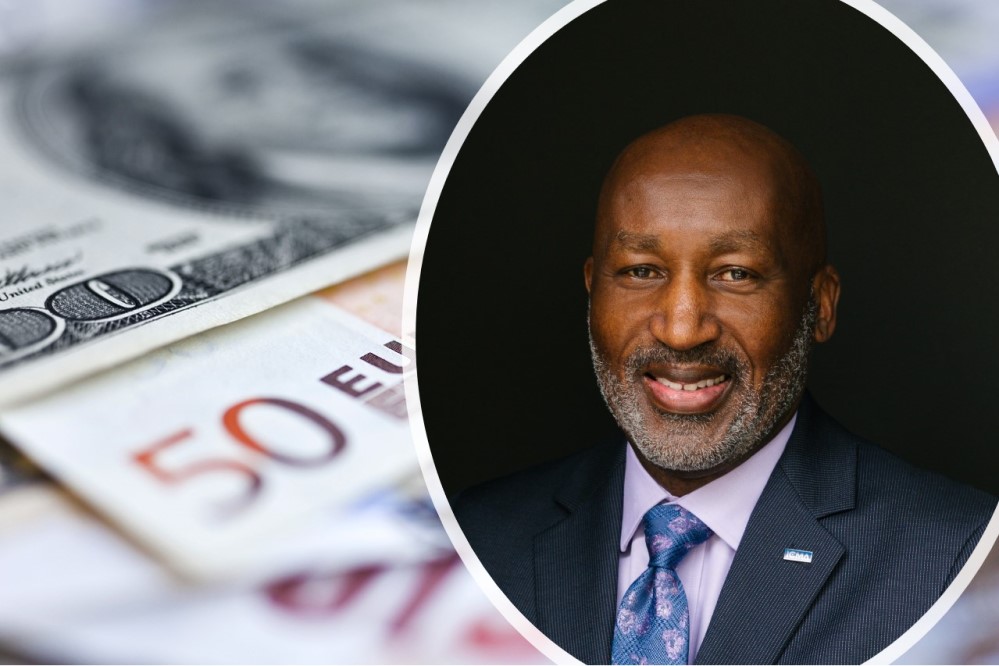
This may sound odd to non-practitioners, but the budgeting process can be an exhilarating career experience for local government managers and their entire teams.
Some of the most exciting moments I have had as city manager and here at ICMA involve the kind of out-of-the-box thinking that comes from staff—and even the public—when reconciling how we can achieve our vision within the reality of our limited resources. Initially we challenge our teams to bring forward the best solutions and services. Those become our aspirations, which we can never realize if we don’t take the time to define them, understanding that most times ascendency will be incremental as circumstances and resources allow.
Over the past two years, it has been challenging to plan beyond the immediate public health crisis. Just as citizens, local economies, and our staff members who have been suffering from tremendous burnout are emerging from the challenges of the pandemic, so too are our planning processes, which for many of us were somewhat dormant during the response and recovery phase of the COVID crisis. A revitalized budget planning process with a renewed focus on revenue is most likely among the highest-priority activities that city and county leaders will address.
Partnering with GFOA
We’re especially excited by the partnership we’ve developed with the Government Finance Officers Association (GFOA), covering the related areas of Rethinking Budgeting and Rethinking Revenue. Chris Morrill, executive director of GFOA, who also served as a city manager and member of ICMA explains it best:
How local governments raise revenues and allocate scarce resources is critical to building communities that are livable, resilient, and equitable. Through research and case studies, ICMA and GFOA, together with other partners, are helping local governments develop more equitable and responsive budget systems and raising new ideas for state and local policy makers on how local government revenue systems can be modernized.
As many of our members have told us, traditional revenue sources and ways of getting to a balanced budget are no longer sustainable. For example, continuing to depend on gas and weight taxes as manufacturers and consumers move to electric vehicles will undermine our ability to fund infrastructure programs. But where and how do we make up for these lost revenues?
Likewise, we often opt for incremental changes to the previous year’s budget to expedite the process rather than beginning the budgeting process with our long-term strategy. We also fail to consider fairness when making budget decisions. I think you’ll be very impressed with the level of creativity that has gone into these “rethinking” initiatives in helping to chart a new course for the most fundamental of local government responsibilities.
Initial Resources Available
In this issue of PM, you will find a progress update on Rethinking Budgeting, co-authored by Sabina Agarunova, ICMA’s CFO, as well as an article on the next steps in the Rethinking Revenue initiative.
The initial reports looking at revenue have already been shared on our website and additional content is in progress. We also plan to work with GFOA and our other local government partners to offer webinars, workshops, and conference sessions, as well as opportunities to continue the conversations virtually and in person.
With so many issues vying for the attention of city and county leaders, these initiatives promise to not only provide a positive return on the time invested, but have the potential to re-energize the entire organization as we contemplate the unlimited potential of our communities.

MARC OTT is executive director/CEO of ICMA, Washington, D.C.
New, Reduced Membership Dues
A new, reduced dues rate is available for CAOs/ACAOs, along with additional discounts for those in smaller communities, has been implemented. Learn more and be sure to join or renew today!
